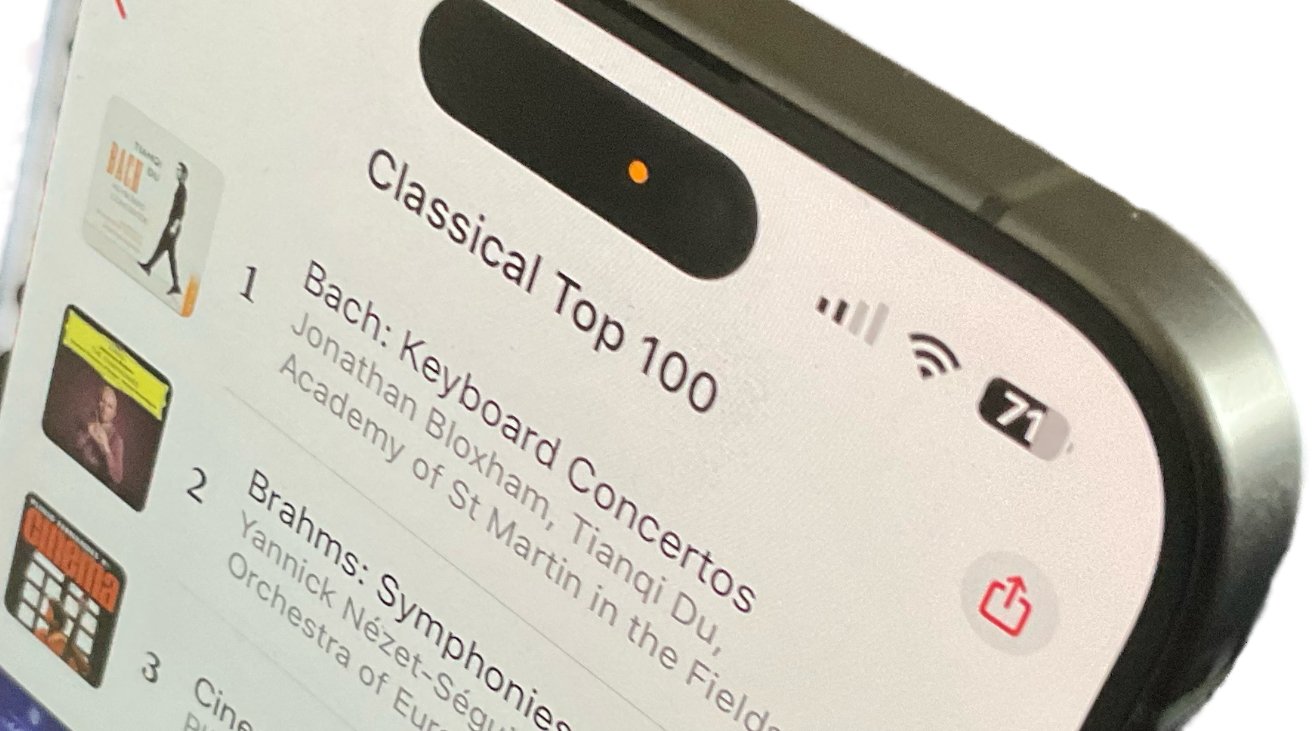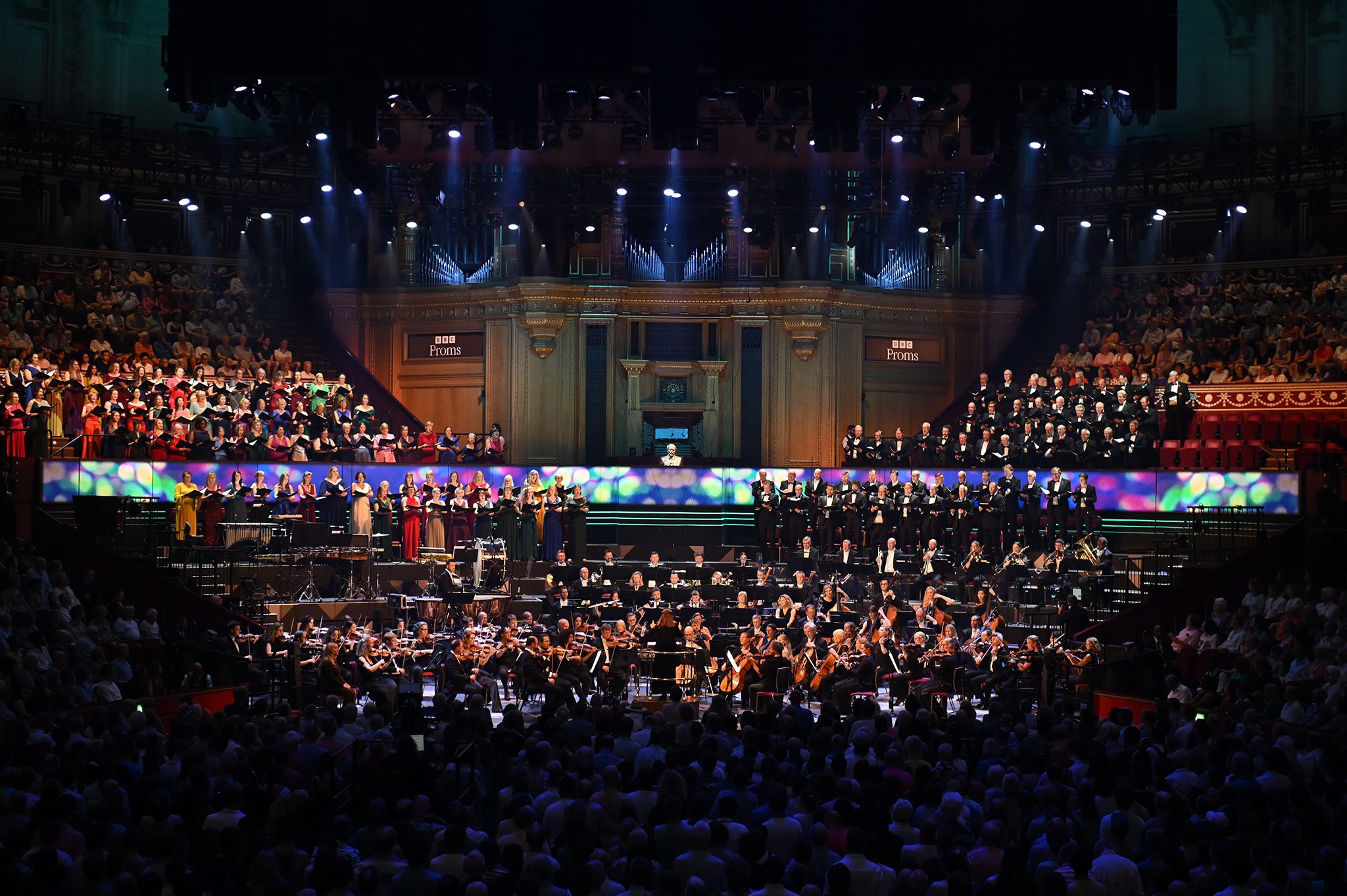Give the listening audience the chance to reflect on what they’ve just heard and what it means to them, instead of resorting to hype, sycophancy, or post-performance reviews
My BBC Proms odyssey this year (entirely broadcast experiences) was intended to help me identify at what point my enthusiasm increased and why.
After seven posts and well over half the season through, my feelings appear to have lurched in entirely the opposite direction.
Listening and watching the Proms has now elevated the summer-long festival to the equivalent of the wayward upper fifth on the back seat of the school bus sneering at everyone else in front of him while everyone else is trying their best to ignore him and his cronies.
Or, if you want a more present-day analogy, the BBC Proms on radio and TV is the noisy office colleague whose banter isn’t as scintillating or demanding of attention as they think it is.
Everyone collectively wants to tell both irritants to shut up. Instead they purse their lips, and swallow the bile, their irritation increasing exponentially.
These analogies may be a little purple if taken too literally. But they do help identify my general spikiness towards the festival this year – far from waning, it’s actually increased as the weeks have gone on. And a lot of that is down to broadcasts.
Nauseating syncophancy coupled with a seemingly insatiable appetite to review every concert on-air seconds after its conclusion effectively forces the listener out of the collective experience. It’s pretty much everyone too, except for the more seasoned commentators. There is also an increasing sense of self-satisfaction evident in the delivery. If it was a party host doing the same thing the moment I’d stepped across the threshold, I’d say my goodbyes and leave.
Style of presentation may not seem like an important point to get so worked up on given that the focus of the concert is in fact the music, but done badly it can turn out to act as nothing more than a distraction. Listening back to various concerts over the past seven days yesterday I was either skipping the radio introductions and back announcements or increasingly shouting at the speaker, “Shut Up!”
Running concurrently in my head is a conversation I had with a classical music exec who presented an interesting perspective that caught my attention: amid a time when it feels as though classical music is getting represented more and more, its important for the backbiting to stop, for a united front to be presented, and for everyone within the classical music world to support one another.
The valuable conversation stemmed from a discussion about composer Einaudi. But, whilst I’m listening to the Proms and shouting at the speaker as I do so, I’m also pondering whether I’m falling into the trap of being a curmudgeonly old bastard who hates change. Am I the problem? Am I irritated by it all because deep down I’m jealous of what they do (its possible – I’m open to that and will hold my hands up to it)? Am I in fact deflecting my post-BBC bitterness onto its most potent brand? By getting more and more irritated by it, am I in fact damaging the potential for new relationships across the classical music industry just by voicing a feeling few others feel comfortable expressing?
All of this before we get to the actual music. Little wonder the Proms feels like a spikey experience when each broadcast is accompanied by all of this internal dialogue.
I don’t resist change. The thing is that I’ve grown up with this art form in my ears with the conventions of its contextualisation baked in. It is because of those conventions – resisting hype and maintaining an objectivity so that the audience can make their own minds up – that the bond between me as a punter and the art-form has grown stronger throughout my adult life.
I’m not saying don’t fiddle with it or strive to improve things. I’m asking you to remember that presenters play an integral part in making the audience (even those at home ‘listening in’) feel part of the performance. Commentating is an art in itself which I’ve always thought could be boiled down to ‘less is more’. The audience is part of proceedings.
Take a deep breath. Speak fewer words per minute. Limit the range of your intonation. And for crying out loud, give us a moment to think about how we feel about what we’ve just heard, before you start describing what we’ve just heard to us.



